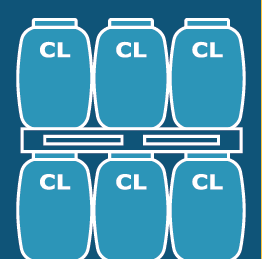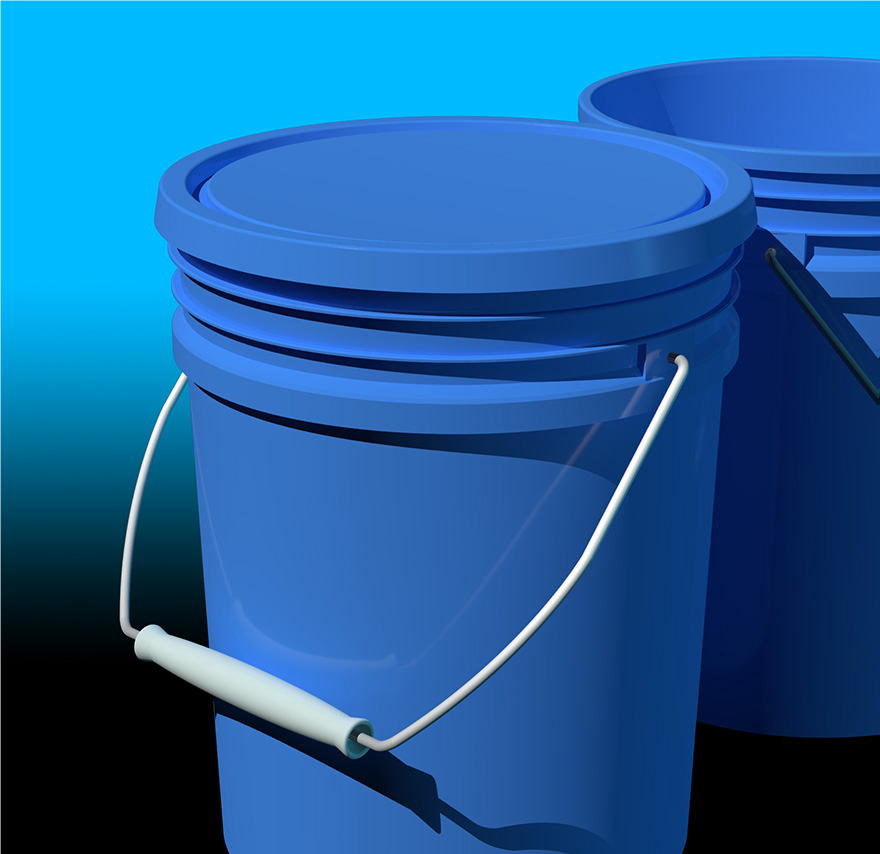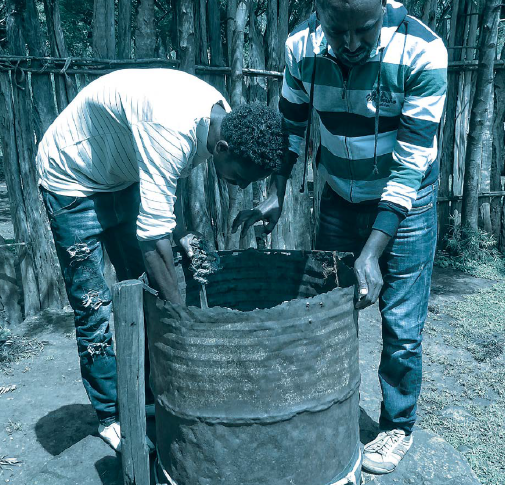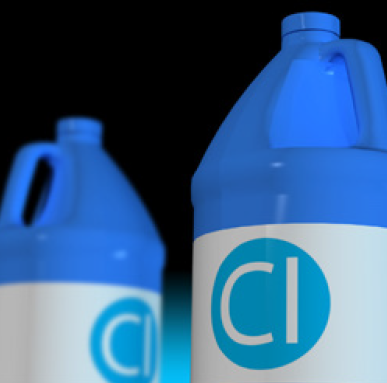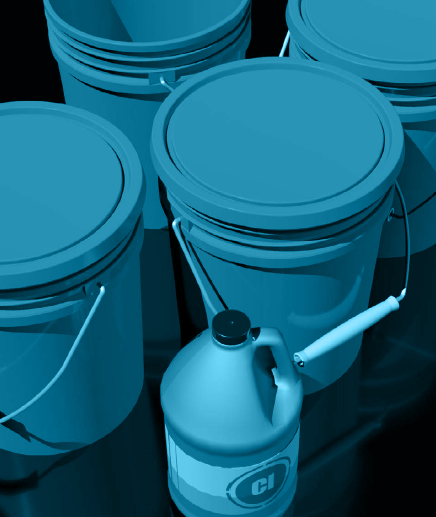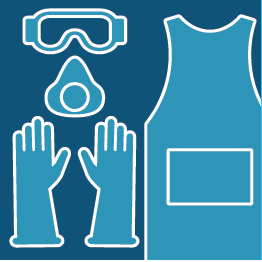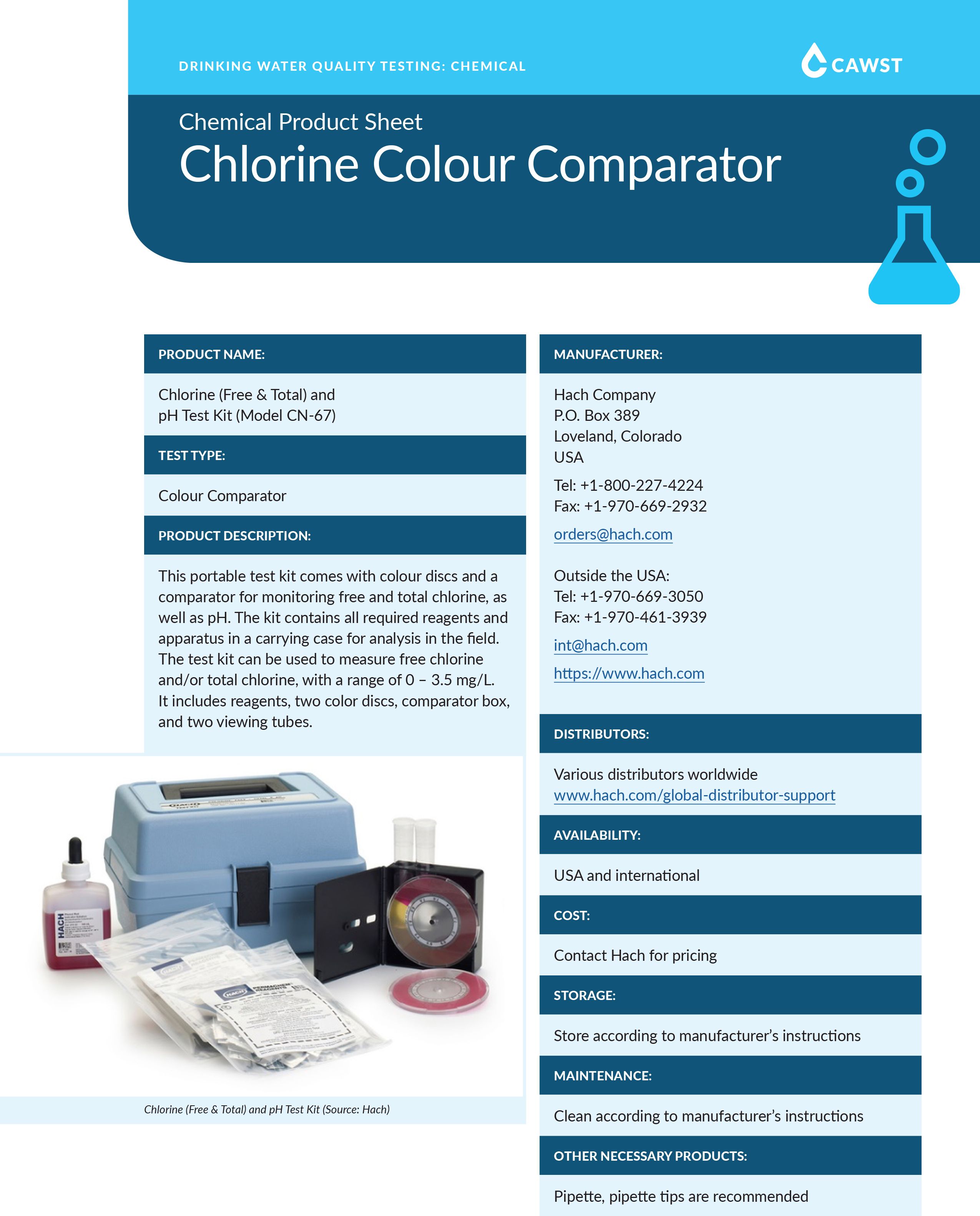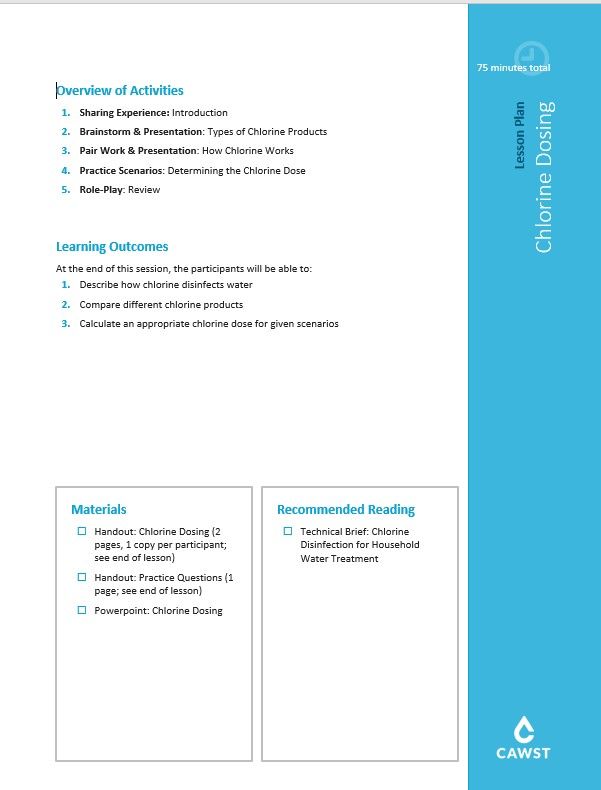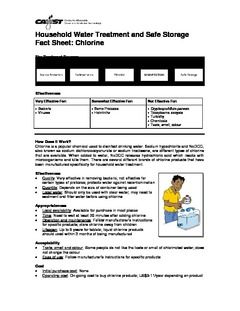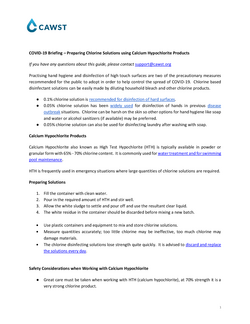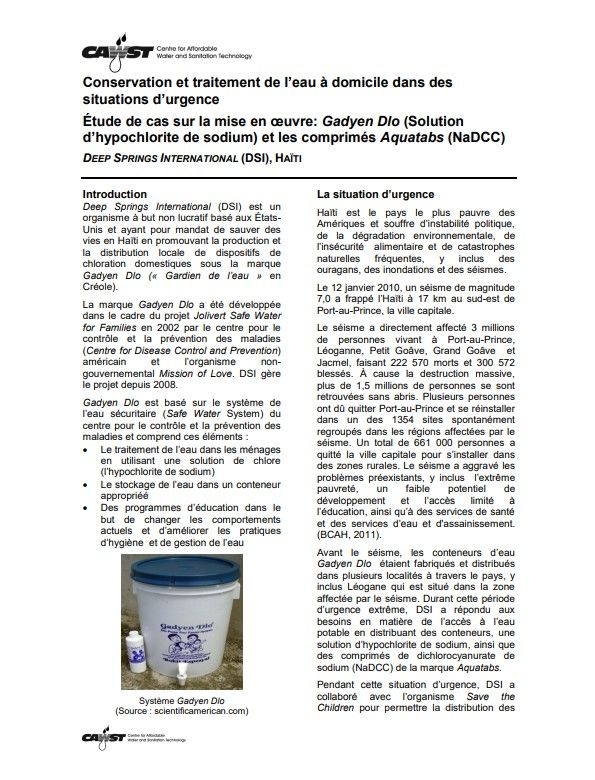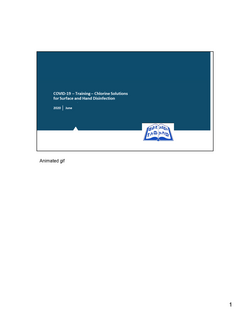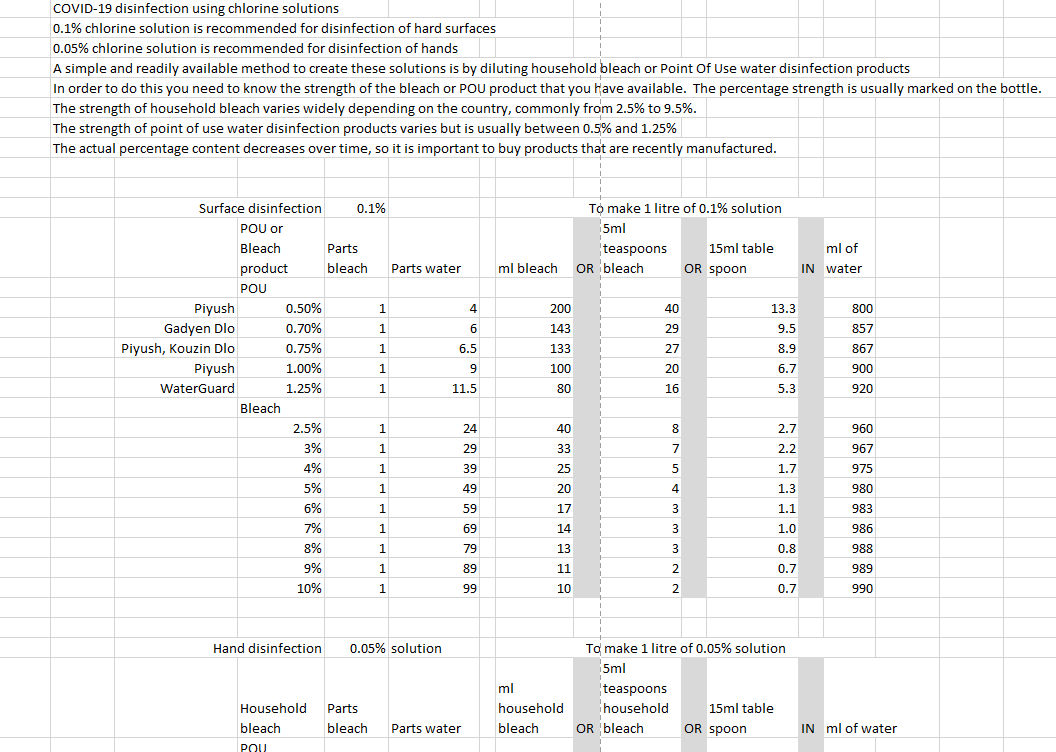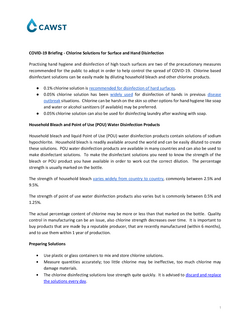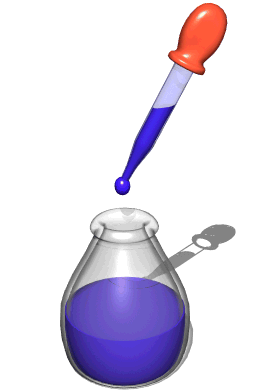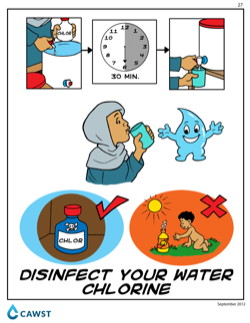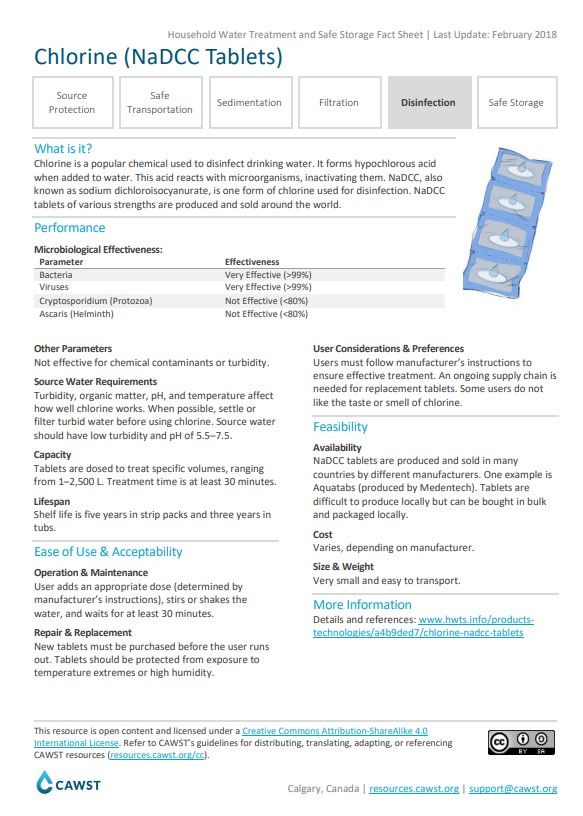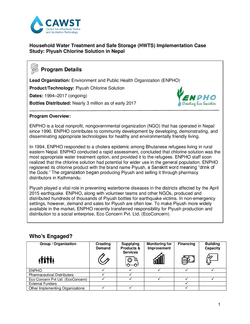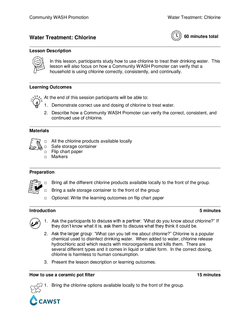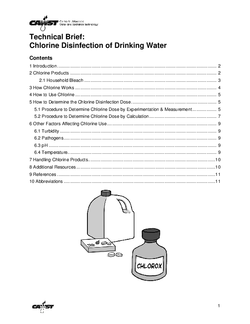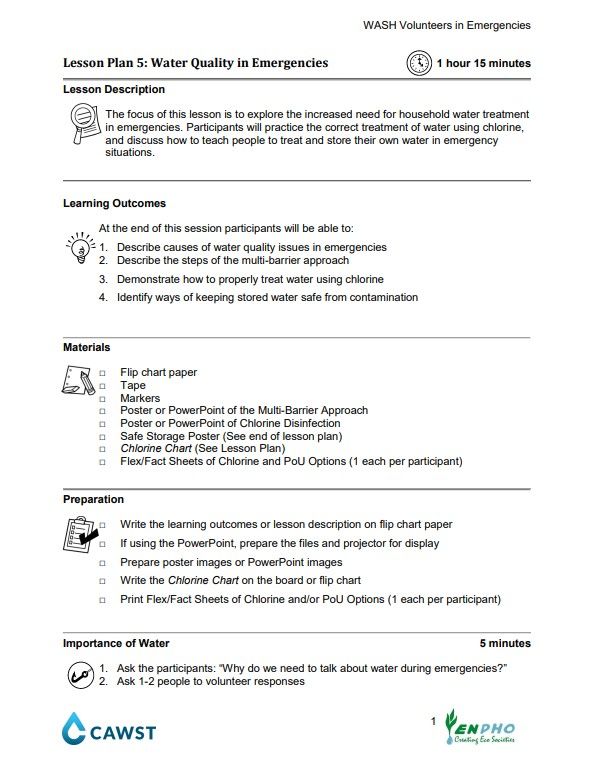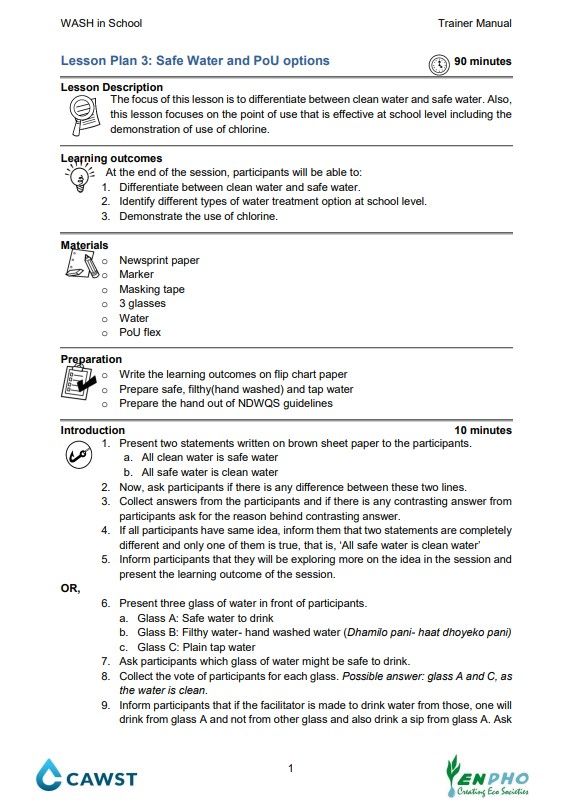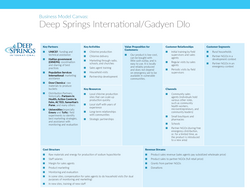Learn About Chlorine
Learn About Chlorine
Topics
Co-developed with
Languages
Arabic•English•French•Haitian Creole•Khmer•Portuguese (Brazil)•Spanish•Swahili
Regions
Africa•Caribbean•Latin America•South Asia•South East Asia•South West Asia
Store Chlorine Products Safely!
Follow the guidelines in this poster to store and transport chlorine products safely. This poster is ideal for printing and placing in any location where chlorine products are handled and stored.
How to Make a 1% Chlorine Solution
Follow this guide to prepare a 1% chlorine solution that can be used for the Modified Horrock's Test and disinfection of the water supply.
Chlorine Dose Calculator: Shock Chlorination of Wells
Use this calculator to determine the amount of chlorine product needed to prepare a 1% chlorine solution and the amount of the 1% solution required to to disinfect hand-dug wells and boreholes.
Chlorine Dose Calculator: Batch Chlorination of Drinking Water
Use this calculator to determine the amount of chlorine to prepare a 1% chlorine solution and the amount of the 1% solution required to disinfect a batch of drinking water.
Calculate your Chlorine Dose: Modified Horrocks' Test Instructions
This guide provides instructions for conducting the Modified Horrocks Test. This test is used to determine the effective chlorine dose for batch chlorination of drinking water.
Handle Chlorine Products Safely!
Follow the guidelines in this poster to handle and use chlorine products safely. This poster is ideal for printing and placing in any location where chlorine products are handled and stored.
Check Before you Disinfect: Turbidity, pH, and Temperature in Drinking Water Chlorination
Turbidity, pH, and temperature can all impact how fast and how well chlorine products can disinfect drinking water. Use this guide to determine how these parameters will affect your chlorine dosage and contact time.
Calculate your Chlorine Dose: Modified Horrocks' Test Instructions
This guide provides instructions for conducting the Modified Horrocks Test. This test is used to determine the effective chlorine dose for batch chlorination of drinking water.
Hach Chlorine Colour Comparator Product Sheet
This product sheet has a product description, distributor information, availability, cost, storage, and maintenance information about the Hach Chlorine Colour Comparator.
Chlorine Implementation by PSI in Myanmar
This case study describes PSI's implementation of Chlorine in Myanmar.
Chlorine Chemical Fact Sheet
This fact sheet describes the chemical chlorine and its use in water, health effects, WHO guidelines and treatment options.
Chlorine Implementation by Aman Titra in Indonesia
This case study describes Aman Titra's implementation of Chlorine in Indonesia.
Chlorine Dosing - Lesson Plan (HWTS)
In this optional lesson, participants describe how chlorine works to disinfect water. They compare different chlorine products, and they calculate appropriate doses for different scenarios. The lesson includes a presentation, pair work, calculations, and a role play.
Preparing Chlorine Solutions using Calcium Hypochlorite Products for Surface and Hand Disinfection
This document contains instructions and safety measures to prepare chlorine solutions with Calcium Hypochlorite (powder or granular chlorine) for surface and hand disinfection. There are other documents including one on how to use Sodium Hypochlorite (bleach) as well as a Calculator (excel sheet) for different product concentrations. This was prepared to respond to the COVID-19 pandemic.
Chlorine Implementation in an Emergency by DSI in Haiti
This case study describes DSI's implementation of chlorine in an emergency setting in Haiti.
How to Prepare Chlorine Solutions for Surface and Hand Disinfection
This lesson plan contains instructions to facilitate a session where participants will learn how to safely prepare chlorine solutions for surfaces and hand disinfection. This was prepared in response to the COVID-19 pandemic.
Chlorine Implementation by ENPHO in Nepal
This case study describes ENPHO's implementation of Chlorine in Nepal.
Chlorine Solution Calculator for Surface and Hand Disinfection
This spreadsheet is a calculator to prepare chlorine solutions using different product concentrations with Sodium Hypochlorite (bleach) or Calcium Hypochlorite (powder or granular chlorine) for surface and hand disinfection. There are other documents including one on how to use Sodium Hypochlorite (bleach) or Calcium Hypochlorite (powder or granular chlorine). This document was prepared in response to the COVID-19 pandemic.
Preparing Chlorine Solutions using Sodium Hypochlorite for Surface and Hand Disinfection
This document contains instructions and safety measures to prepare chlorine solutions with Sodium Hypochlorite (bleach) for surface and hand disinfection. There are other documents including one on how to use Calcium Hypochlorite (powder or granular chlorine) as well as a Calculator (excel sheet) for different product concentrations. This was prepared to respond to the COVID-19 pandemic.
Chlorine Dosing Presentation (HWTS)
This presentation is for use with “Lesson Plan: Chlorine Dosing” in the Household Water Treatment and Safe Storage (HWTS) Trainer Manual
Chlorine Implementation in and Emergency by DSI in Haiti
This case study describes DSI's implementation of chlorine in an emergency setting in Haiti.
Chlorine NaDCC Tablets Fact Sheet
This fact sheet describes disinfection of drinking water using NaDCC tablets.
Chlorine Solution Implementation by ENPHO and EcoConcern in Nepal
This case study describes ENPHO and EcoConcern's implementation of Piyush chlorine solution in Nepal.
Chlorine - Lesson Plan (CWP)
In this lesson, participants study how to use chlorine to treat their drinking water. This lesson will also focus on how a Community WASH Promoter can verify that a household is using chlorine correctly, consistently, and continually.
Chlorine Disinfection of Household Drinking Water
This technical brief describes different types of chlorine products available for household water disinfection, and how chlorine inactivates microorganisms in water. It provides guidelines for chlorine use, including safety considerations and methods for calculating appropriate doses.
Pooltester User Guide
This guide provides instructions on the correct use of a pooltester kit to measure pH, free residual chlorine (FRC) and total chlorine (TC).
Water Quality in Emergencies - Lesson Plan (E-WASH Nepal)
The focus of this lesson is to explore the increased need for household water treatment in emergencies. Participants will practice the correct treatment of water using chlorine, and discuss how to teach people to treat and store their own water in emergency situations.
Safe Water and PoU Options - Lesson Plan (WiS Nepal)
The focus of this lesson is to differentiate between clean water and safe water. Also, this lesson focuses on the point of use that is effective at school level including the demonstration of use of chlorine.
Business Model Canvas: Deep Springs International/Gadyen Dlo
The Business Model Canvas is a one page business plan that clearly sets out the nine key elements you need to consider in planning your business. The Business Model Canvas was created in 2010 by Osterwalder and Pigneur. This canvas describes Deep Springs International/Gadyen Dlo market-based approach to deliver a liquid chlorine solution (Gadyen Dlo) to consumers in Haiti.
Hach DR 900 Colorimeter Product Sheet
This product sheet has a product description, distributor information, availability, cost, storage, and maintenance information about the Hach DR 900 Colorimeter.
Pooltester User Guide
This guide provides instructions on the correct use of a pooltester kit to measure pH, free residual chlorine (FRC) and total chlorine (TC).
Check Before you Disinfect - Temperature
Water temperature affects the rate of the chemical reactions involved in chlorination. Use this guide to determine how to measure temperature and how this will affect your chlorine disinfection contact time.
About CAWST
CAWST is a Canadian charity and licensed engineering firm. We address the global need for safe drinking water and sanitation by building local knowledge and skills on household solutions people can implement themselves.
